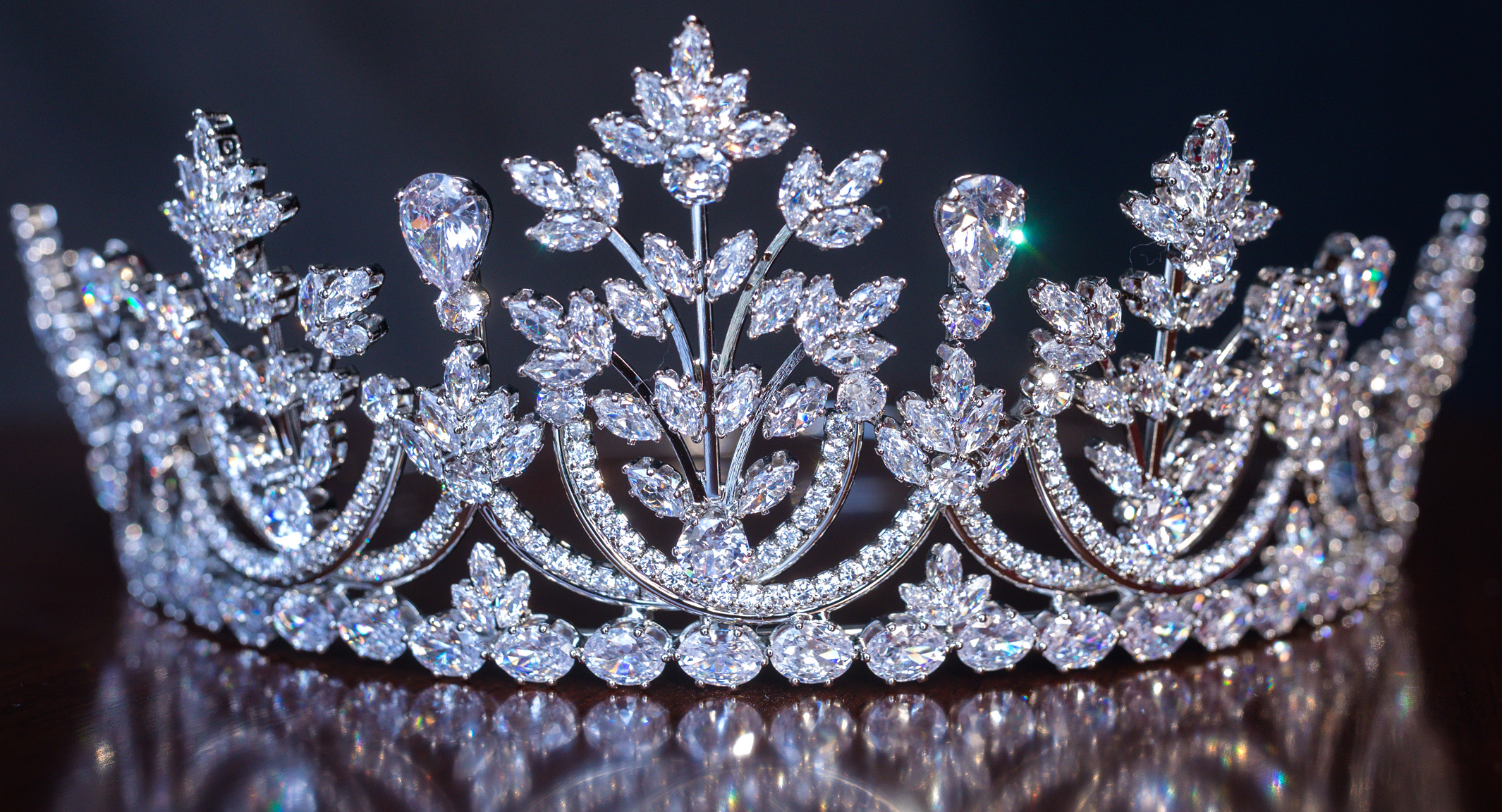20 best sci-fi books of all time
Here are 20 sci-fi books that have been widely acclaimed by critics and readers alike:
- “1984” by George Orwell
- “Brave New World” by Aldous Huxley
- “Dune” by Frank Herbert
- “The Hitchhiker’s Guide to the Galaxy” by Douglas Adams
- “Ender’s Game” by Orson Scott Card
- “Neuromancer” by William Gibson
- “The War of the Worlds” by H.G. Wells
- “The Time Machine” by H.G. Wells
- “The Invisible Man” by H.G. Wells
- “The Martian Chronicles” by Ray Bradbury
- “Fahrenheit 451” by Ray Bradbury
- “Foundation” by Isaac Asimov
- “The Robots of Dawn” by Isaac Asimov
- “Do Androids Dream of Electric Sheep?” by Philip K. Dick
- “The Man in the High Castle” by Philip K. Dick
- “The Andromeda Strain” by Michael Crichton
- “Jurassic Park” by Michael Crichton
- “Snow Crash” by Neal Stephenson
- “The Diamond Age” by Neal Stephenson
- “The Windup Girl” by Paolo Bacigalupi
This list is not exhaustive and there are many more amazing sci-fi books out there, but these are some of the most influential and widely read.
Why these 20 stories
- “1984” by George Orwell – A dystopian novel set in a totalitarian society where the government monitors and controls every aspect of citizens’ lives.
- “Brave New World” by Aldous Huxley – Another dystopian novel that explores a society where citizens are genetically engineered and conditioned to serve specific purposes.
- “Dune” by Frank Herbert – A classic sci-fi novel that takes place in a future where noble houses compete for control of the planet Arrakis, which is the only known source of a valuable substance called “spice.”
- “The Hitchhiker’s Guide to the Galaxy” by Douglas Adams – A comedic sci-fi novel that follows the adventures of an unwitting human named Arthur Dent as he travels through space with an alien friend and a stolen spaceship.
- “Ender’s Game” by Orson Scott Card – A popular novel that follows the story of Ender Wiggin, a young genius who is recruited to train for a future war against an alien species.
- “Neuromancer” by William Gibson – A cyberpunk novel that explores a world where humans are augmented with technology and AI has become sentient.
- “The War of the Worlds” by H.G. Wells – A classic sci-fi novel that depicts an invasion of Earth by aliens from Mars.
- “The Time Machine” by H.G. Wells – Another classic novel that follows the adventures of a time traveler who travels to the future and encounters a dystopian society.
- “The Invisible Man” by H.G. Wells – A novel that explores the consequences of invisibility and the isolation that comes with it.
- “The Martian Chronicles” by Ray Bradbury – A collection of short stories that takes place on Mars and explores themes of colonization, human nature, and survival.
- “Fahrenheit 451” by Ray Bradbury – A dystopian novel that takes place in a future society where books are banned and “firemen” burn any that are found.
- “Foundation” by Isaac Asimov – A novel that takes place in a future where a mathematician creates a plan to save humanity from a coming dark age.
- “The Robots of Dawn” by Isaac Asimov – A novel that explores the relationship between humans and robots in a future society where robots have advanced to the point of being almost indistinguishable from humans.
- “Do Androids Dream of Electric Sheep?” by Philip K. Dick – The basis for the movie Blade Runner, this novel explores the nature of humanity and the line between human and android.
- “The Man in the High Castle” by Philip K. Dick – A novel that explores an alternate history where the Axis powers won World War II and divided up the United States.
- “The Andromeda Strain” by Michael Crichton – A novel that follows a team of scientists as they race to stop a deadly virus from spreading after it is brought back to Earth from a space mission.
- “Jurassic Park” by Michael Crichton – A novel that explores the ethical implications of bringing extinct animals back to life through genetic engineering.
- “Snow Crash” by Neal Stephenson – A cyberpunk novel that explores a virtual reality world called the “Metaverse.”
- “The Diamond Age” by Neal Stephenson – A novel that explores a future where nanotechnology has revolutionized society and education is provided through interactive books.
- “The Windup Girl” by Paolo Bacigalupi – A novel that takes place in a future where resources are scarce and genetically engineered “windup” creatures are used as a source of energy.
These 20 sci-fi books are widely regarded as some of the best of all time for a variety of reasons, including their influence on the genre, their impact on popular culture, their quality of writing, and their ability to explore complex themes and ideas.
Many of these books have been adapted into movies, TV shows, or video games, which is a testament to their popularity and cultural significance.
Additionally, these books cover a range of sci-fi sub-genres, including dystopian fiction, cyberpunk, space opera, and alternate history, which means that there is something for every reader interested in science fiction.
Overall, these books have stood the test of time and continue to be widely read and discussed by fans of the genre.
Which of these stories are adopted for movies
Many of the books on the list have been adapted into movies, here’s a list of which ones have been adapted into film or television:
- “1984” by George Orwell – Several film adaptations have been made, including the 1984 version directed by Michael Radford.
- “Brave New World” by Aldous Huxley – A television series adaptation was released in 2020.
- “Dune” by Frank Herbert – Several adaptations have been made, including the upcoming 2021 film directed by Denis Villeneuve.
- “The Hitchhiker’s Guide to the Galaxy” by Douglas Adams – A film adaptation was released in 2005.
- “Ender’s Game” by Orson Scott Card – A film adaptation was released in 2013.
- “Neuromancer” by William Gibson – An upcoming film adaptation is currently in development.
- “The War of the Worlds” by H.G. Wells – Several film adaptations have been made, including the 1953 version directed by Byron Haskin and the 2005 version directed by Steven Spielberg.
- “The Time Machine” by H.G. Wells – Several film adaptations have been made, including the 1960 version directed by George Pal and the 2002 version directed by Simon Wells.
- “The Invisible Man” by H.G. Wells – Several film adaptations have been made, including the 1933 version directed by James Whale and the 2020 version directed by Leigh Whannell.
- “The Martian Chronicles” by Ray Bradbury – A television miniseries was released in 1980.
- “Fahrenheit 451” by Ray Bradbury – Several adaptations have been made, including the 1966 version directed by François Truffaut and the 2018 version directed by Ramin Bahrani.
- “Foundation” by Isaac Asimov – A television series adaptation was released in 2021.
- “The Robots of Dawn” by Isaac Asimov – No adaptations have been made.
- “Do Androids Dream of Electric Sheep?” by Philip K. Dick – A film adaptation was released in 1982 titled Blade Runner.
- “The Man in the High Castle” by Philip K. Dick – A television series adaptation was released in 2015.
- “The Andromeda Strain” by Michael Crichton – Several adaptations have been made, including the 1971 film directed by Robert Wise and the 2008 miniseries directed by Mikael Salomon.
- “Jurassic Park” by Michael Crichton – Several adaptations have been made, including the 1993 film directed by Steven Spielberg and its sequels.
- “Snow Crash” by Neal Stephenson – No adaptations have been made.
- “The Diamond Age” by Neal Stephenson – No adaptations have been made.
- “The Windup Girl” by Paolo Bacigalupi – An upcoming television series adaptation is currently in development.












